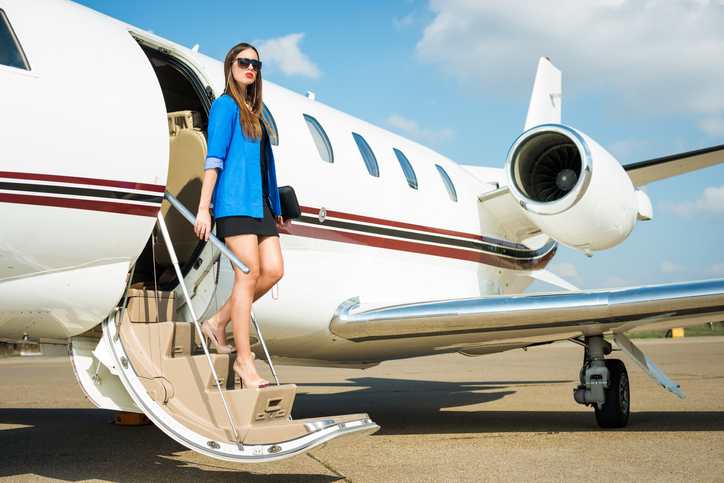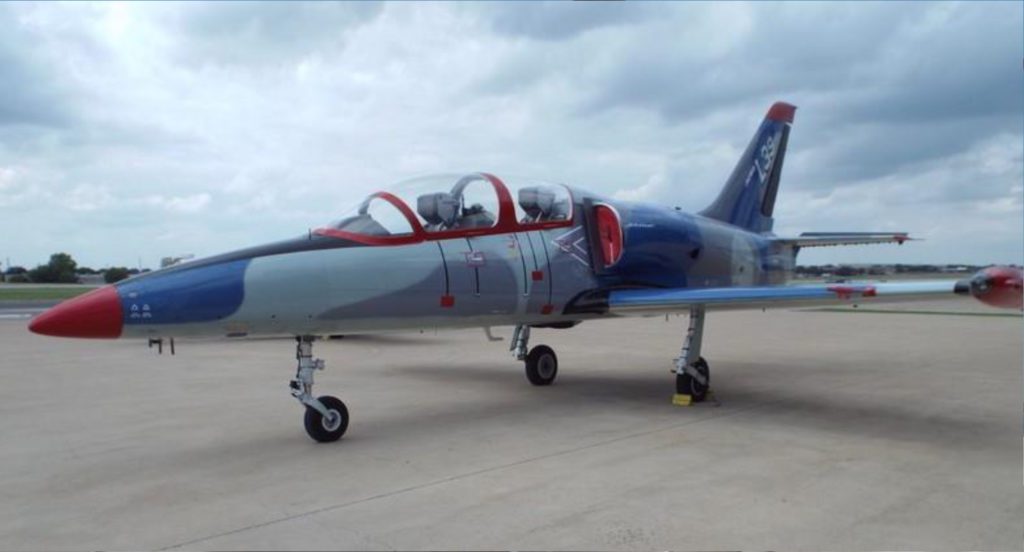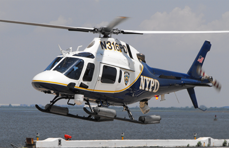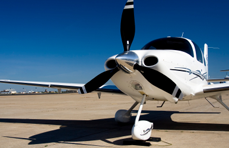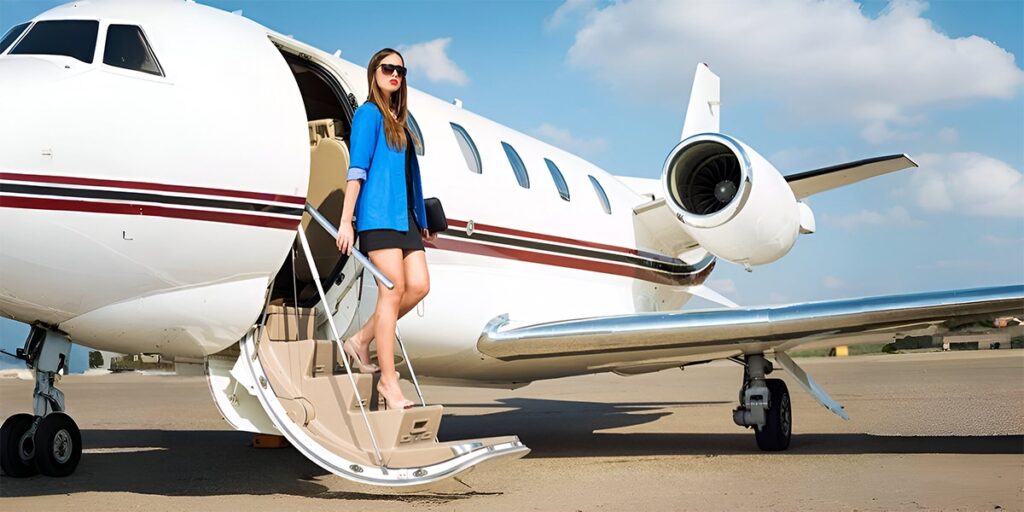Air travel is changing fast. Flying is no longer just a way to get from one place to another. It is about speed, safety, cost, and comfort. Aviation Consultants in Texas notice trends that will change flying in the next ten years. Ideas once seen only in books and movies are now real. Electric aircraft, advanced flight systems, and eco-friendly fuels are some of the key developments. Passengers may not see all the changes at first. But operators and airports are preparing. What will the skies look like soon, and how will it affect the way we fly?
Changes in Aircraft Technology
Planes are getting lighter and stronger. New materials reduce weight and save fuel. Engines are changing too. Electric and hybrid engines are being tested for short flights. Some aircraft may even fly with little or no noise. Control systems are smarter and can catch errors fast. Sensors track every part of a plane. Problems can be fixed before they become serious.
Flight software also plays a big role. It charts the optimal path, steering clear of storms and crowded flight paths. This saves fuel and time. Passengers may notice smoother flights. Operators see lower costs. Flying is getting safer and more reliable.
Urban Air Travel is Coming
Flying taxis are real now. Cities plan landing zones for short flights. People could take flights to skip traffic jams. Vertical takeoff aircraft make short trips easy. They are quiet and use little energy.
Consultants see these changes shaping cities. Daily commutes could include flights. Quick flights for work, errands, or leisure may soon be routine. Roads may become less crowded. Insurance and rules will change too. Smaller cities may try these first, then bigger ones will follow.
New Fuel and Green Flights
Airlines face pressure to reduce pollution. New fuels and energy sources are being tested. Biofuels and synthetic fuels lower emissions. Electric planes make zero emissions on short trips. Hydrogen may be used for bigger planes. Operators cannot ignore sustainability anymore.
Consultants track every fuel breakthrough. They help airlines calculate cost and savings. Fuel efficiency means cleaner air and higher profit. Some airlines may even offer carbon-neutral tickets. Green flying is becoming part of the plan, not an option.
How Aviation Consultants in Texas Guide Operators
Consultants have a big role in the future of flying. They advise on investments, fleet plans, and rules. Aviation Consultants in Texas guide airports, airlines, and private operators on growth. They help with fleet choices, maintenance, and risk.
Their advice goes beyond numbers. They predict trends and warn about potential losses. Reports from consultants affect company decisions, airport planning, and public views. Operators who use consultants can save money and avoid mistakes. They get clear guidance for tough choices.
The Role of Aviation Consulting Services
Aviation Consulting Services are more than advice. They provide data, solutions, and strategy. Operators get help on fleet performance, expansion, and rules. Safety checks, market analysis, and finance plans are included.
Small and mid-sized operators gain a lot. Consultants can find ways to grow without risking money. They identify unused aircraft or missed routes. Services help operators work smarter. In an industry with small margins, smart choices make a big difference.
Data, Safety, and Smart Choices
Data drives modern flying. Sensors track aircraft, weather, and passenger trends. Predictive models warn of failures before they happen.
Consultants show how to use data wisely. Dashboards and charts make risks easy to see. Operators make smarter choices, cut expenses, and ensure flight safety. Technology is no longer just a tool. It guides choices and prevents problems.
Passenger Experience in the Sky
Flying is changing for passengers too. Boarding is faster, services are smarter, and comfort is higher. Short electric flights may offer frequent schedules. Longer flights focus on sleep, health, and entertainment.
Ticketing changes too. Dynamic pricing and flexible bookings are normal. AI-assisted customer service is more common. Passengers notice fewer delays, better support, and smoother rides. Air travel is getting more personal and easier to plan.
Rules and Airport Changes
Air travel rules are shifting. New aircraft and routes need updated air traffic control. Cities plan quiet zones, safety limits, and landing sites.
Consultants predict these rules. They guide operators to meet them early. Airports may expand or redesign to handle new flights. Planning reduces delays, accidents, and legal problems. Smart strategy is key.
Conclusion
Flying will not stay the same. Technology, urban flights, and green energy are changing the sky. Aviation Consultants in Texas and Aviation Consulting Services help operators adjust and plan smartly. They ensure flights are safer, cost less, and run more efficiently. At AEROMAX, USA, we help you make the right choices. Our team works with you to navigate these changes. Together, we can fly smarter and prepare for the future.
FAQ
- How soon will electric planes replace traditional jets
Short flights with electric planes could be common within five to ten years. Long flights may take longer to shift. - Are autonomous planes safe now
Yes, they have multiple safety systems. Pilots still monitor flights at first. Data models reduce human mistakes. - Will urban air travel be expensive
Initially, yes. Costs will drop as more people use flights. Frequent trips may become affordable over time. - Can small operators use aviation consulting services
Services scale to fit budgets. Safety audits, fleet checks, and rules help small operators too. - Do green fuels make flights slower
Not always. Efficiency and hybrid engines keep travel time steady. Routes may change slightly but delays are minimal.
Are you ready to make the most of the future of flying? Contact AEROMAX, USA today and see how our team can guide your next move.

